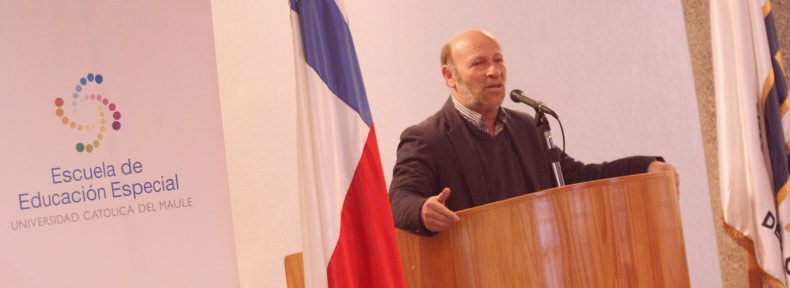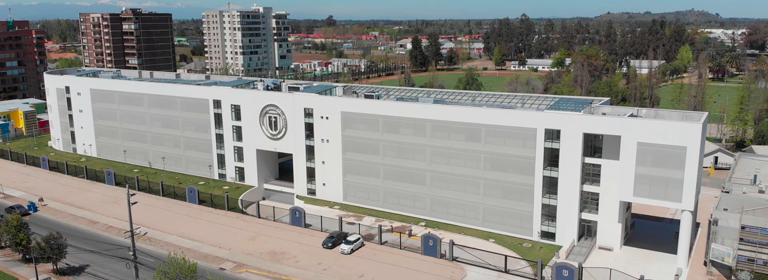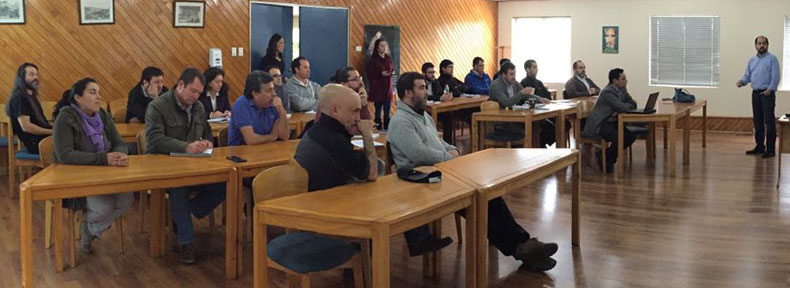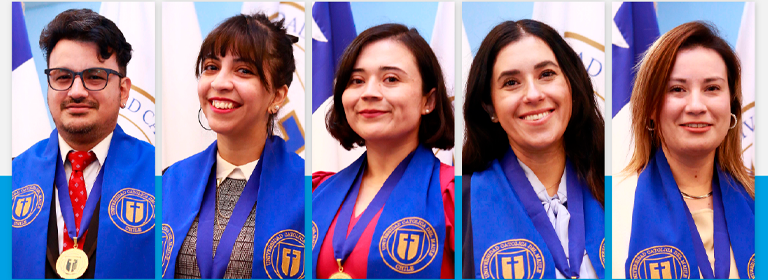An international project, with the Universidad Católica del Maule as a collaborating entity, tries to improve the materials used in the manufacturing of technological artifacts.
Financed by the University of Rennes, in France, this project posed the following challenge to the UCM laboratories: synthesize materials for technological use, maximizing their properties.
 The initiative, titled «Cooperation in Inorganic Chemistry», seeks to improve the efficiency of inorganic elements and compounds, which are used as materials for technological devices. Universidad de Chile, along with UCM, is in charge of the part of the project that includes the chemical design, and modifications in structures and of physical properties.
The initiative, titled «Cooperation in Inorganic Chemistry», seeks to improve the efficiency of inorganic elements and compounds, which are used as materials for technological devices. Universidad de Chile, along with UCM, is in charge of the part of the project that includes the chemical design, and modifications in structures and of physical properties.
«From the perspective of basic science, we are trying to understand the properties of matter and how by changing certain elements or the proportion of those elements, we can also change their physical properties and thus improve the final device,» said the head of the Structural Chemistry Laboratory of the Universidad Católica del Maule, Patricia Barahona, who participates in the initiative along with her colleague Silvana Moris.
“The idea is to understand how compounds such as stannite or spinel change their properties so that we can predict these changes to emphasize the properties that we need. The technology of these materials is associated to computers, cell phones, and solar cells,» emphasized the scientist, who also works as an academic at the institution’s Faculty of Basic Sciences.
Within the framework of the initiative, the PhD. in Chemistry focused on the study of the «chalcogenides», which are characterized by their magnetic and electrical properties and which contain, in this case, sulfur and selenium.
«We try to understand the structure and make modifications, such as replacing one metal for another or mixing properties of sulfur with those of selenium, for example, to change the property of the element in general,» she said.
The project also known by the acronym «IRP» (International Research Project) is also supported by the National Center for Scientific Research of France and corresponds to a continuation of other initiatives called LIA (International Associated Laboratory), which forged an alliance between Chilean and French researchers a decade ago.













